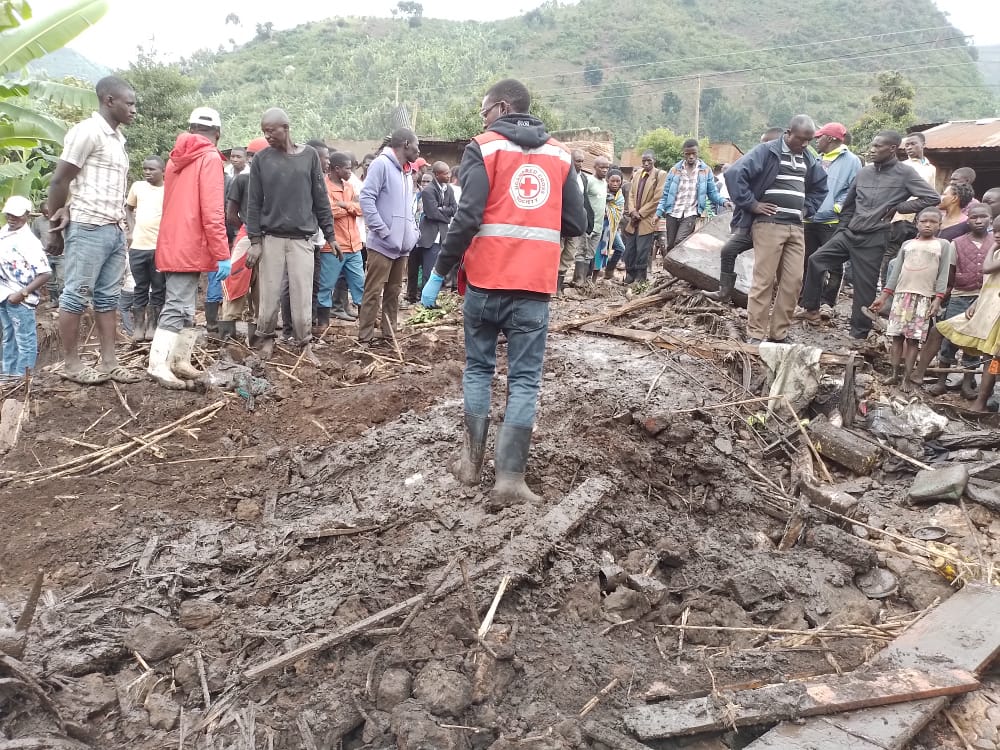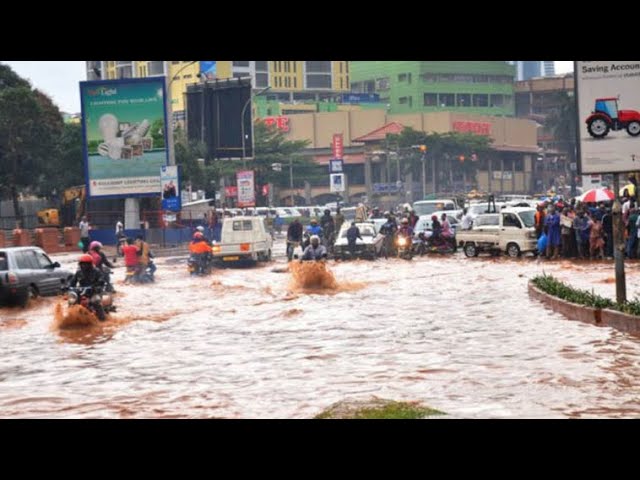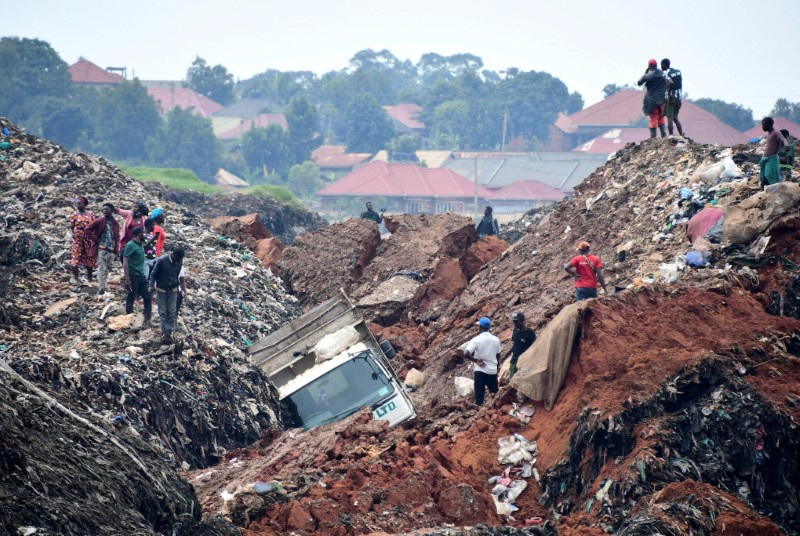How many times has government or local agencies been caught ‘’unawares’’ whenever disasters like landslides, flash floods, earthquakes, open sewer accidents, drainage blockages happen? What time has government ever been prepared for a possible disaster that is predictable like the seasonal breakage of the banks of river Nyamwamba, the landslides of Bududa, the flooding of the low laying areas of Butalejja? How often have urban councils looked at the impending disaster of gaping septic tanks and open manholes in the streets used by both pedestrians and motorists?
This absurd scenario begs the question; are disasters a natural construct or a function of human greed? Do the actions of those entrusted with the responsibility to mitigate the effects of these disasters in cahoots with nature to ravage the ecosystem? Have they thrown the hands in the air as a way of resignation or it is one of those many ways to work smart in the quest to fish from roiled waters? Are disasters a cash cow for the first responders and the administrative units under which they fall? These are intriguing questions arising from the way agencies and government entities respond and manage both natural and man made disasters.

River Nyamwamba is one disaster waiting to happen, everyone can predict with precision what will happen there in five years to come as long as there will be a rainy season, but every time floods ravage Kasese, it looks like it was a surprise to both residents and local government. Bududa is a well mapped out landslide prone region, however, every rainy season, lives are lost, property destroyed and rescue missions swing in action with a sense of urgency and calls for help to the “victims”. This is hypocrisy of the highest order.
In each district, there is a form of disaster committee, charged with the responsibility of monitoring and managing disaster threats. However, none is ever prepared for a disaster. What is at play is not incompetence, but an exhibition of selfish interests. Why can’t Kasese look for a way of mitigating the adverse effects of River Nyamwamba, relocate people, reinforce river banks at weak spots, de-silt and build a dam upstream to control the flow? All these observations are possible, but politics of personal benefits confound them. In all this, there is always a politician or technical personnel to cash in whenever a disaster strikes.
Bududa is another show of disaster chicanery. Rescue teams are more than eager to fly disaster relief to the victims rather than enforcing a stay away from the disaster prone areas measure. The first responders in the district reap big, the local authority rake in millions, Red Cross calls for more funding, the politicians get political mileage by showing empathy to the victims, with a lot of noise to attract the attention of the powers. It is at this time of dire straits that politicians are made.
In Kampala, almost all disasters are man-made. The biggest threats to residents are floods, poor drainage, and diseases caused by poor sanitation and waste disposal. If it were not for local politics, most of these disasters would be avoided. Garbage collection is a lucrative business, the more garbage generated the more the benefits for the companies involved. Desilting of drainage channels is equally a brisk business that is why local authorities that benefit from it are not ready to enforce the by-laws on garbage disposal. It is quite interesting to find that those charged with desilting, remove the stuff from the drainage, but leave it on the banks of the channels for days or totally abandon it there, to form the next round of desilting to get paid.

The politics is that either side of the political divide, use floods and drainage to settle a political score. The political wing of KCCA headed by the Lord Mayor will decry lack of funding to clean the city, while the technical wing will accuse the other for lack of political mobilization of the city residents. This unfortunate playbook, pity city dwellers to disasters.
Sometime back at Nakawa traffic lights, a woman fell in an open manhole during heavy rains and died, the blame game ensued, and rescue teams were created to look for the body. This would have been avoided by closing all open sewers and manholes in the first place. A disaster creates an opportunity for making millions.
The roads in Kampala are a disaster waiting to happen. Potholes are the biggest cause of accidents. It is estimated that not less than fifty accidents happen in Kampala metropolitan. Coupled with reckless driving and marauding Boda Bodas, accidents become inevitable.
However, with this massive loss of lives and people getting maimed, politics and money are at the center stage. Each side blames the other for the mess, disaster is their opportunity to feather their nest. The contractors that refill potholes and do patch-up work, are beneficiaries of this organized “disaster”. The case in point is the Kiteezi disaster, all the concerned, came out screaming at each other for lack of action on the recommendations of the health department that had advised to close the dumpsite. Initially, no one was in a hurry to address the concern till disaster struck.
The school fires represent the true picture of politics of disasters. Before the Buddo fire, no authority paid strict attention to the possibility of fires in schools. After it happened, authorities promptly issued fire guidelines ranging from fire extinguishers, water points in schools, installation of smoke detectors and having dormitories without burglar proof windows. A simple survey of schools would reveal that none of such is fully enforced. The argument to keep burglar proof in windows is that of security. Students’ properties can easily be stolen or the safety of students can be compromised by intruders. However, in all this, there is always a smart politician who will offer fireballs, smoke detectors for political expedience. Disaster becomes his political lifeline.




